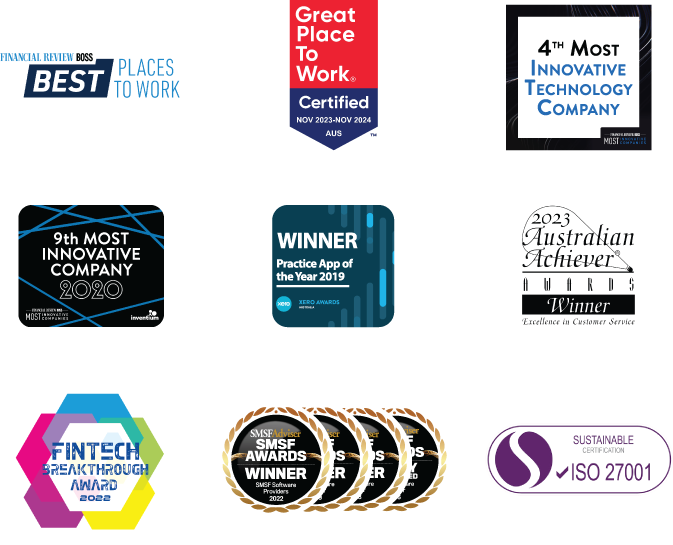

Published by My Business, powered by MOMENTUM MEDIA
Written by Amanda Gordon on 10 October, 2019
Anxiety in the workplace can be due to the culture of the workplace — such as the pressure placed on individuals to achieve, the tolerance of bullying, a competitive place — or due to individual stress that is not directly the result of the workplace, writes Amanda Gordon.
It is important for employers to provide workplaces that are relatively stress-free while allowing individuals to achieve and contribute. Bullying should not be tolerated at any level, whether it is peer to peer, manager to subordinate, business owner to employee. There needs to be clear guidelines so that workers know what is expected of them, and achievable targets so that people feel rewarded for doing their best. However, even in the ideal workplace, individuals may have stresses and anxieties from their own lives, that influence their capacity to manage their workload or their relationships with their colleagues or just managing tasks which should be within their ambit.
It can be complicated for a business owner or those in charge to know when to intervene, and how best to support someone who brings their own anxiety into the workplace.
What can employers do to support?
- Be upfront – As an employer, leaving people hanging about promotion, redundancies, changes in business structure etc will increase general anxiety in the workplace and it may become unbearable for some. It’s important to talk about your plans.
- Be open – Clarifying tasks and outcomes, expectations and consequences can reduce anxiety in many people.
- Give a sense of safety – Create an environment where your employees feel comfortable discussing any distress, ensure that HR functions with confidentiality to provide a sense of safety if someone needs to seek support.
- Support wellbeing – If there is a change in work habits, such as the employee turning up late or taking excessive sick days, then that could mean that there is something creating anxiety that needs to be uncovered. Management must inquire as to the wellbeing of that employee and sort out whether there is a workplace or other trigger. If it is workplace-related, there is no doubt that positive action, early, is likely to lead to the best outcome for all concerned.
- Have a positive timeout space – A place for timeout that can be used with no questions asked, by anyone who needs to get themselves together, could be really helpful in busy workplaces, especially when open-plan seating leaves little privacy on a regular basis.
Employees must be encouraged to be proactive in dealing with their own stress in the workplace; their first task should involve a chat to their manager or employer.
- Find a time for a meeting and inform your employer upfront that this is a personal and private matter that needs to be discussed.
- If it is a workplace issue, it is important to let them know how you feel and if there is some action you think would be useful.
- Sometimes, just letting the boss know will be enough… and they’ll take it from there.
- If your sources of stress are from outside work, it is still important to share that fact (revealing only as much of your personal life that you feel comfortable to do). You can’t expect understanding from your employer unless you share that you are going through a hard time.
Additionally, self-care when you are undergoing a stressful time is vital — good diet, exercise, enough sleep, no alcohol, good friends and time out. Anxiety is often eliminated when the person is able to face their fears and discover the outcome, instead of worrying about what will happen.

